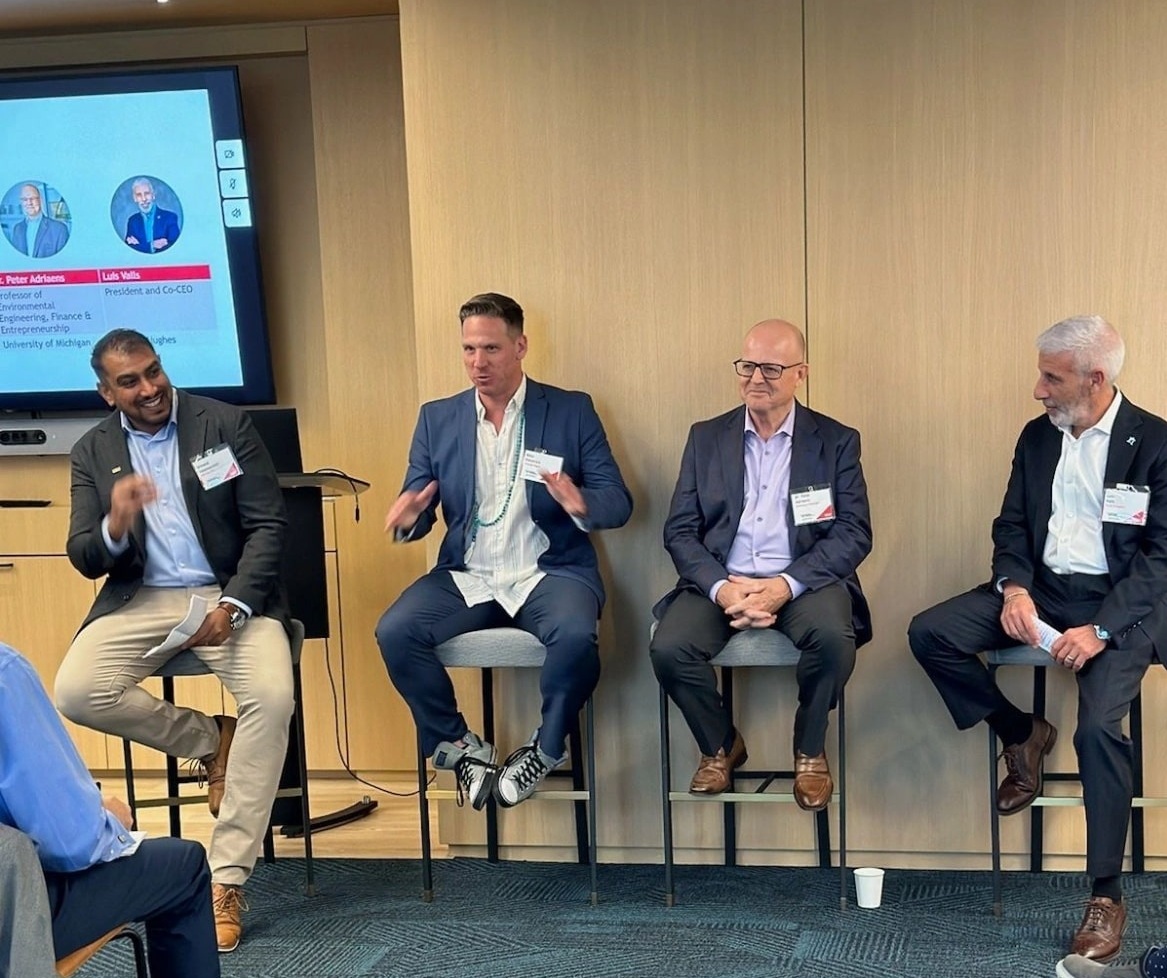Can Financial Markets Incentivize Sustainable Agriculture Practices?
Though fertilizer runoff from agricultural fields can degrade water quality, the demand for greater crop yields often stymies effective solutions. The United States Farm Bill does incentivize sustainable practices, but its impact is limited.
Since private capital outpaces public funding in agriculture, institutional agricultural bond buyers, agricultural banks and farm credit institutions have an opportunity to develop or modify financial products to encourage adoption of environmentally sustainable practices. Through improved monitoring of fertilizer emissions from farms and applying a carbon-equivalent lens to nutrients, financiers can better understand their disclosure requirements and loan risks related to water pollution, enabling them to incentivize efforts around mitigation and sustainability.
However, agricultural financing and lending risk models currently lack a consistent or meaningful water quality metric and financial sustainability policies are regulated through disclosure of carbon risks. To fill that gap and explore the potential of this incentives strategy, researchers led by Dr. Peter Adriaens, professor of civil and environmental engineering at the University of Michigan, are linking a nutrient modeling and monitoring system in the Lake Huron drainage basin to financing through the carbon market. They will use this information to develop sustainability-linked financial products that determine fertilizer nutrient runoff risk based on measurements that can be attributed to specific farms or farming practices.
 Dr. Adriaens participating at New York Climate Week panel on Agricultural Finance panel. Courtesy of Peter Adriaens.
Dr. Adriaens participating at New York Climate Week panel on Agricultural Finance panel. Courtesy of Peter Adriaens.
Developing Transparency About Farm Operational Risks
Financial products that support environmentally sustainable practices are increasingly in demand. In one example, agriculture financing meets this demand by measuring a farm’s carbon emissions, which are disclosed in financial products like loans. This helps lenders assess a farm’s true value by providing transparency about the benefits of increased yield versus the environmental costs of cleanup, fines or legal liability for pollution.
In this project, researchers are determining how nutrient impact on water quality can be similarly tracked through embedded carbon equivalents, linked to individual farms and used to assess financial risk and opportunity for lenders. The financial value chain of farm credit links farms to Wall Street institutional investors via agricultural banks. By creating transparency and disclosure around Scope 3 carbon associated with nutrient emissions, lenders can determine the risks of lending to individual farms, allowing them reprice interest rates and loan terms.
Under current loan structures, the benefit of greater fertilizer use to increase yield outweighs the benefits of sustainable management practices to reduce environmental impacts. But by linking lending to a farm’s fertilizer runoff, calculated as carbon equivalents, the sustainability profile of farm operations becomes an input in the financial value chain, meeting financial disclosure requirements under the Task Force for Climate-Related Financial Disclosures. With this knowledge, the researchers intend to engage with farmers, lenders, rating agencies and commodity buyers to develop loan structuring and other financial products that support sustainable water management by encouraging lower fertilizer use and other soil health and conservation practices. Farms practicing sustainable agriculture can then enjoy less expensive loan terms because of the lower lending risk, possibly repriced crop insurance rates, and capture carbon credits resulting from their practices.